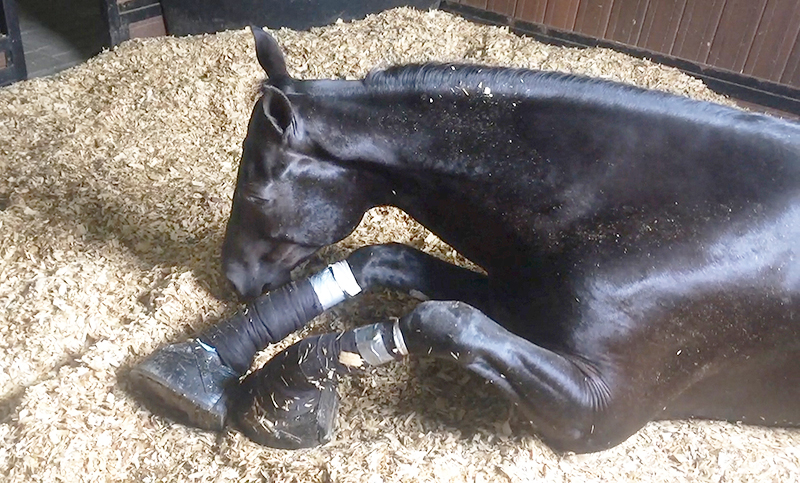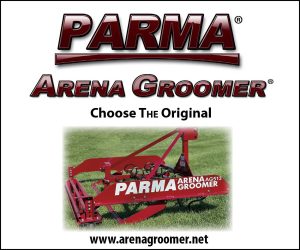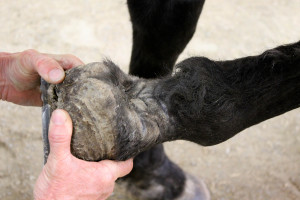
(Washington, DC)- Many individuals in the horse industry are aware the U.S. Department of Agriculture’s (USDA) Animal and Plant Health Inspection Service (APHIS) has published proposed changes to the regulations governing enforcement of the Horse Protection Act (HPA). The proposed rule would make several major changes to current HPA regulations with the goal of ending soring, including a new licensing program for HPA inspectors and a ban on action devices, pads, weighted shoes and foreign substances at walking horse shows, exhibitions, sales, and auctions.
The American Horse Council (AHC) strongly opposes soring and believes action must be taken to stop the soring of “big lick” Tennessee Walking Horses, Racking Horses and Spotted Saddle Horses. However, the AHC is concerned that certain provisions of the proposed rule are too broadly written, not sufficiently defined, and could cause confusion for the horse show industry. Like all industries, the horse show industry requires clarity in any regulatory regime that impacts its operation. Soring is a problem that is well defined and limited to a very specific segment of the walking horse industry and any new regulations should reflect this fact.
The AHC’s formal comments to USDA will strongly urge USDA to explicitly limit all new provisions to Tennessee Walking Horses, Racking Horses, and Spotted Saddle Horses, mirroring the PAST Act. Making this change will address most concerns the horse industry has with the proposed rule and will fulfill the purpose and intent of the HPA.
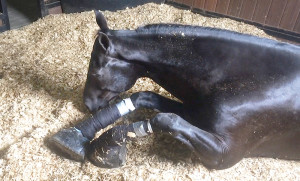 The AHC wants to be clear, many of the proposed changes to the HPA regulations are needed such as replacing the ineffective Designated Qualified Person (DQP) program with a new independent inspection program. Additionally, because of a long history of utilizing action devices, stacks, weighted shoes, and foreign substances to sore horses, a ban of these items on Tennessee Walking Horses, Racking Horses, and Spotted Saddle Horses is justified and needed.
The AHC wants to be clear, many of the proposed changes to the HPA regulations are needed such as replacing the ineffective Designated Qualified Person (DQP) program with a new independent inspection program. Additionally, because of a long history of utilizing action devices, stacks, weighted shoes, and foreign substances to sore horses, a ban of these items on Tennessee Walking Horses, Racking Horses, and Spotted Saddle Horses is justified and needed.
However, the AHC believes it is equally important that any new regulations be narrowly focused on the problem of soring and do not inadvertently impact or unnecessarily burden other segments of the horse show industry that have no history of soring horses.
The AHC will be submitting detailed written comments to USDA in the coming weeks.
About the American Horse Council
As the national association representing all segments of the horse industry in Washington, D.C., the American Horse Council works daily to represent equine interests and opportunities. Organized in 1969, the AHC promotes and protects the industry by communicating with Congress, federal agencies, the media and the industry on behalf of all horse related interests each and every day.
The AHC is member supported by individuals and organizations representing virtually every facet of the horse world from owners, breeders, veterinarians, farriers, breed registries and horsemen’s associations to horse shows, race tracks, rodeos, commercial suppliers and state horse councils.
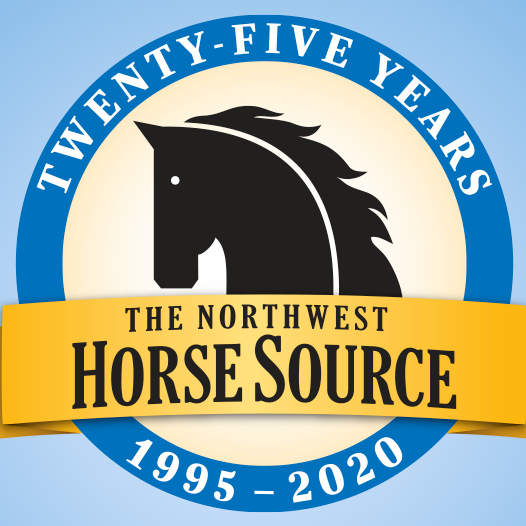
News from the horse industry. Sharing today’s information as it happens. The Northwest Horse Source is not responsible for the content of 3rd party submissions.

